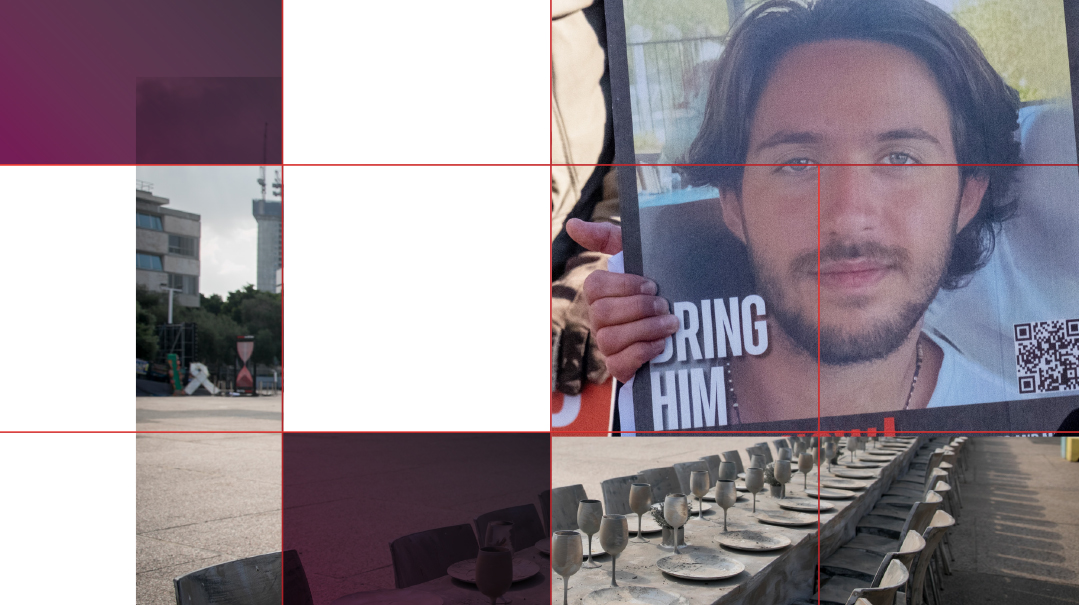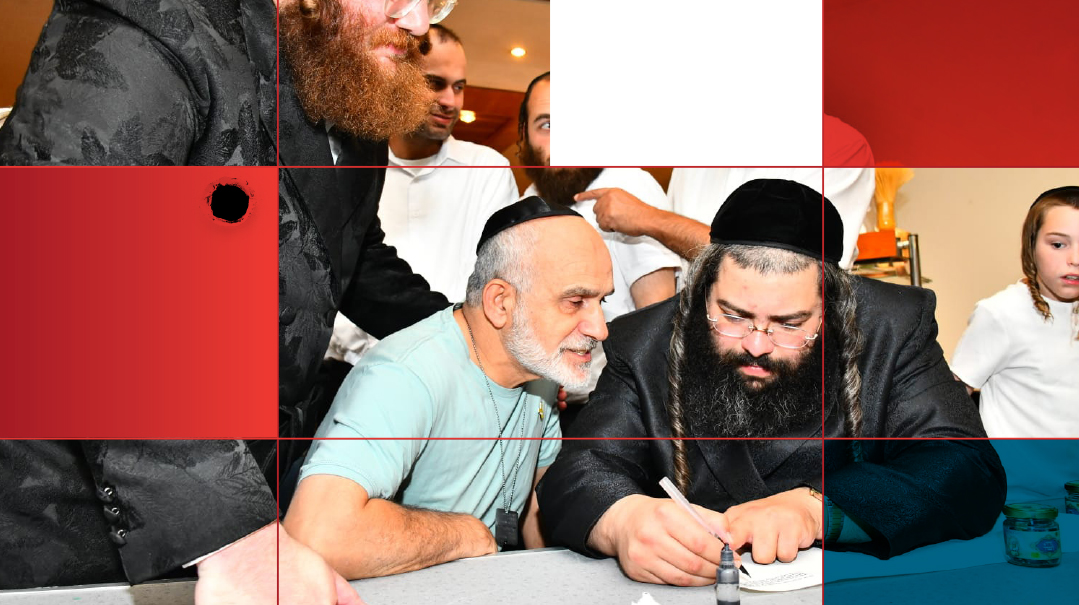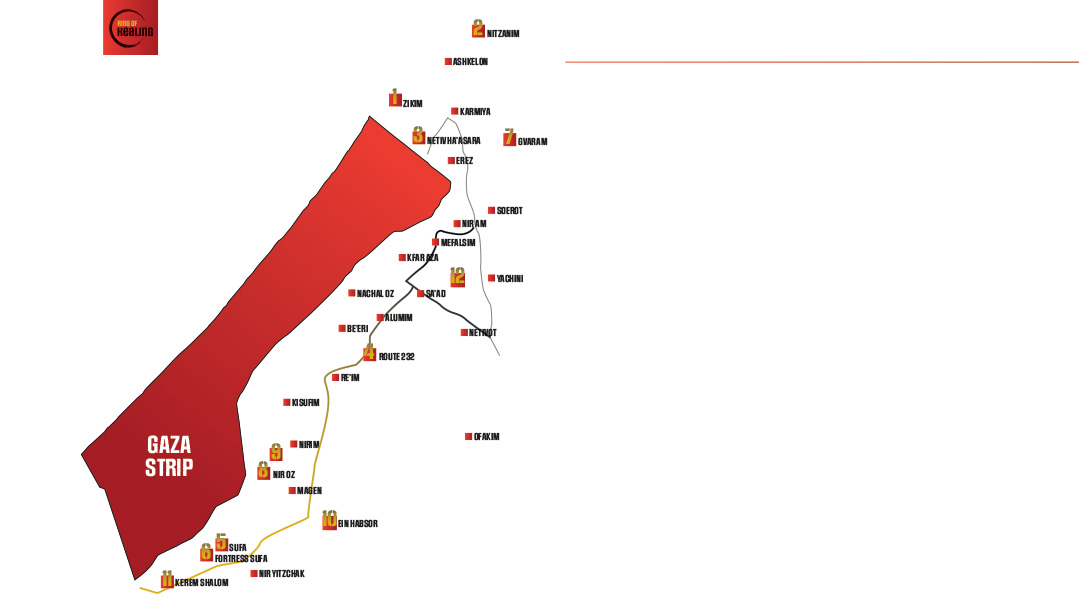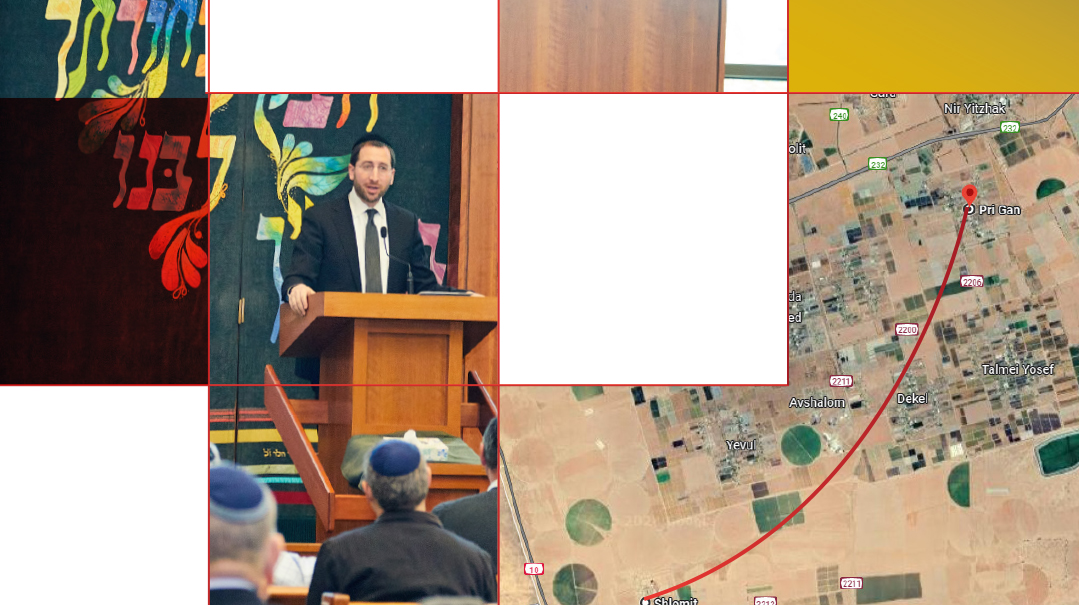The Brother I Never Knew: Special Delivery
| October 13, 2024So much more binds us than separates
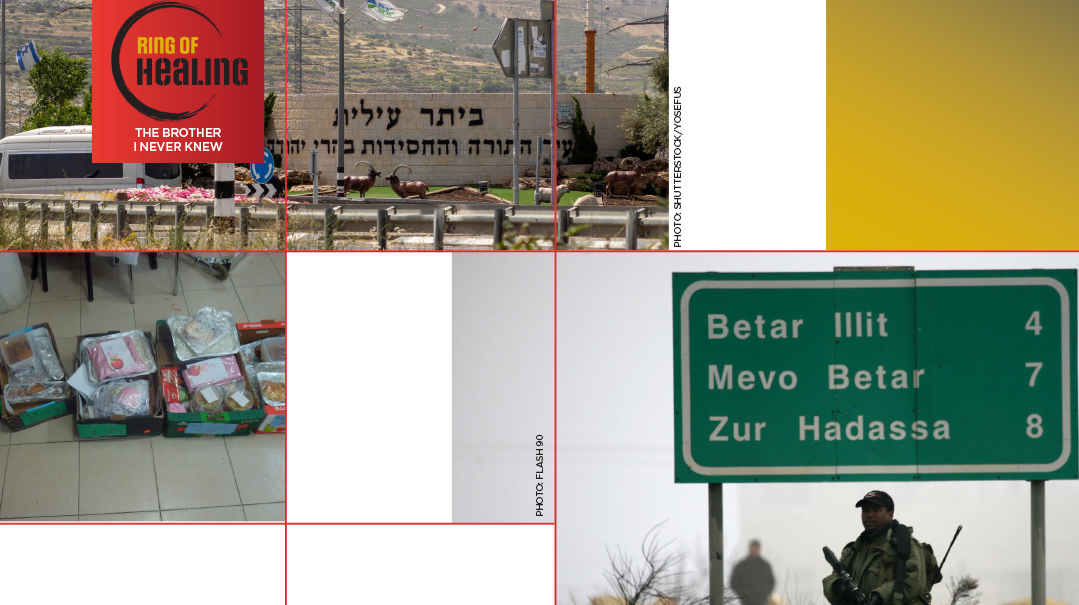
In the wake of the tragic events of October 7, unlikely yet remarkable human connections have emerged out of shared purpose and resilience. Through their collaboration, they developed new perspectives and understanding of the other’s world, and achieved something greater than themselves, as they learned to see beyond differences, bridging divides that once seemed insurmountable. Here are their stories.
Beitar Illit is just five minutes away from Tzur Hadassah, but the upscale town of high-end homes and a predominantly secular/traditional populace feels a lot farther. Until a group of women from Beitar bridged the gap, providing Shabbos food for families whose husbands are on the front. Because who doesn’t send food to family in time of need?
T
he Tuesday night before Rosh Hashanah found Miriam Haller packing 21 boxes of home-cooked food in her Beitar Illit dining room. Her kids and a neighbor were helping pack these meals for soldiers’ families, when suddenly, their kosher phones started beeping manically in unison.
Then came the loud blasts.
BOOM. BOOM. BOOM.
One of Miriam’s kids darted outside to see what was going on and came back to report that explosions were rending the sky.
Next, the air raid sirens went off.
They quickly left the boxes and made their way to their reinforced miklat room. When the alert was over, it was back to packing boxes.
More sirens.
“We ran to the room, said our pirkei Tehillim, and reassured the kids,” says Miriam, a Florida native and mother of seven. “I told them we’re not afraid of rockets, because Hashem is protecting us, and we’re afraid of only Him.”
A few more sirens, a few more boxes, back and forth from the miklat to the dining room.
As the situation calmed down, Miriam and her crew finished sorting, and the boxes were good to go. She had arranged for a few drivers to transport the boxes to the nearby town of Tzur Hadassah, where soldiers’ families were awaiting the Shabbos and Yom Tov packages. As soon as the Home Front announced that the Iranian missile attack was over, a neighbor put the boxes into his car and drove off.
Even close to 200 missiles could not derail the yearlong chesed a group of Beitar Illit locals have been doing: sending food to the wives and families of soldiers every single week. The weekly volume varies, with anywhere between one and nine families receiving meals, and a total of 21 recipient families in all.
The way it works is pretty simple. During the week, Miriam gets cardboard boxes from her local makolet. On Thursday afternoon, she waits outside her building as her friends and neighbors deliver saran-wrapped pans of chicken and kugel and containers of freshly cut salad. She and her children pack the food into boxes for each recipient family, confirming quantities and ensuring everything is leak-proof and appealingly presented.
It’s a big operation to run week after week out of her dining room, and it hasn’t been easy keeping up the Shabbos boxes initiative. Last winter, Miriam admits, it got to be too much for her — almost.
“I kept saying to myself, ‘I’m done,’ ” she remembers. “But every week, I found myself walking out with the boxes of Shabbos food again. I’d say to myself, ‘Their husbands aren’t home yet, they’re not done. And if they’re not done, we’re not done.’ ”
Twelve long months, and the men are still on the front, sleeping in the mud, cold, cramped — and scared. Twelve long months, and their wives are still coping alone — doing everything from Kiddush to carpool and from Havdalah to household maintenance.
As an additional show of love and support, the Beitar women often add personalized notes and small gifts for these brave soldiers’ wives. Then they load the boxes into a volunteer’s car to be dropped off at the community a few minutes away — a town that was, until a year ago, entirely foreign territory.
Oops! We could not locate your form.

